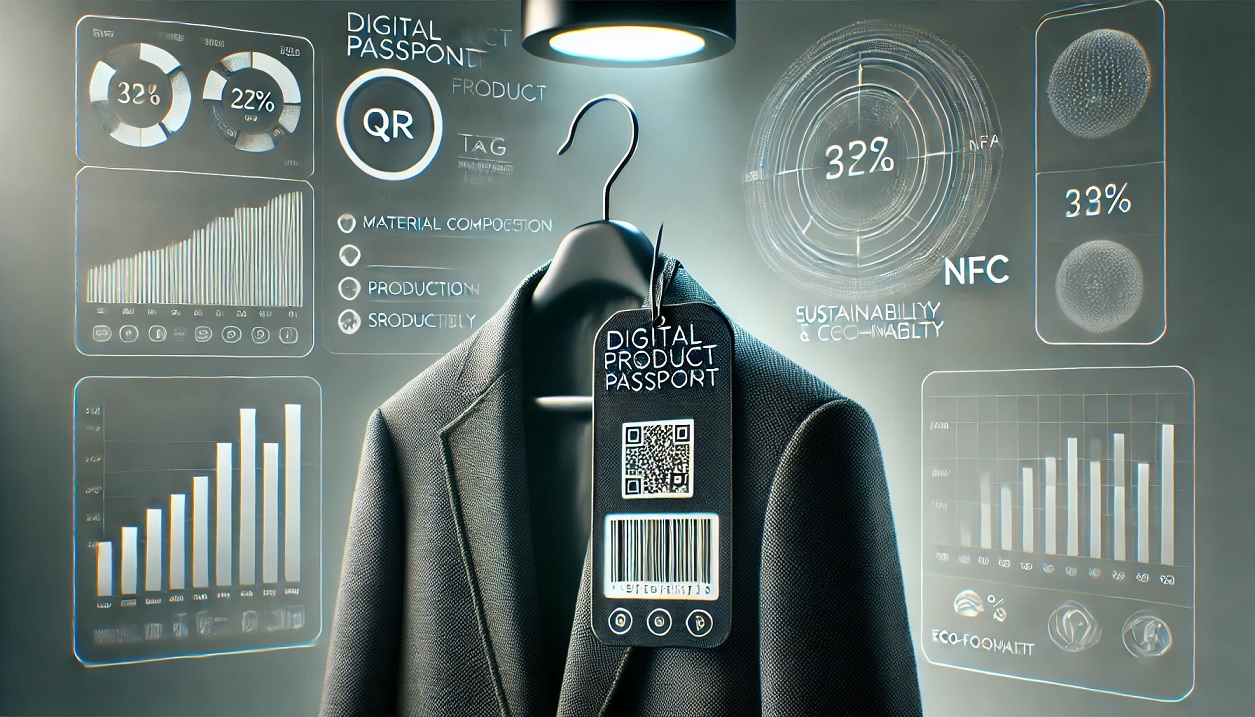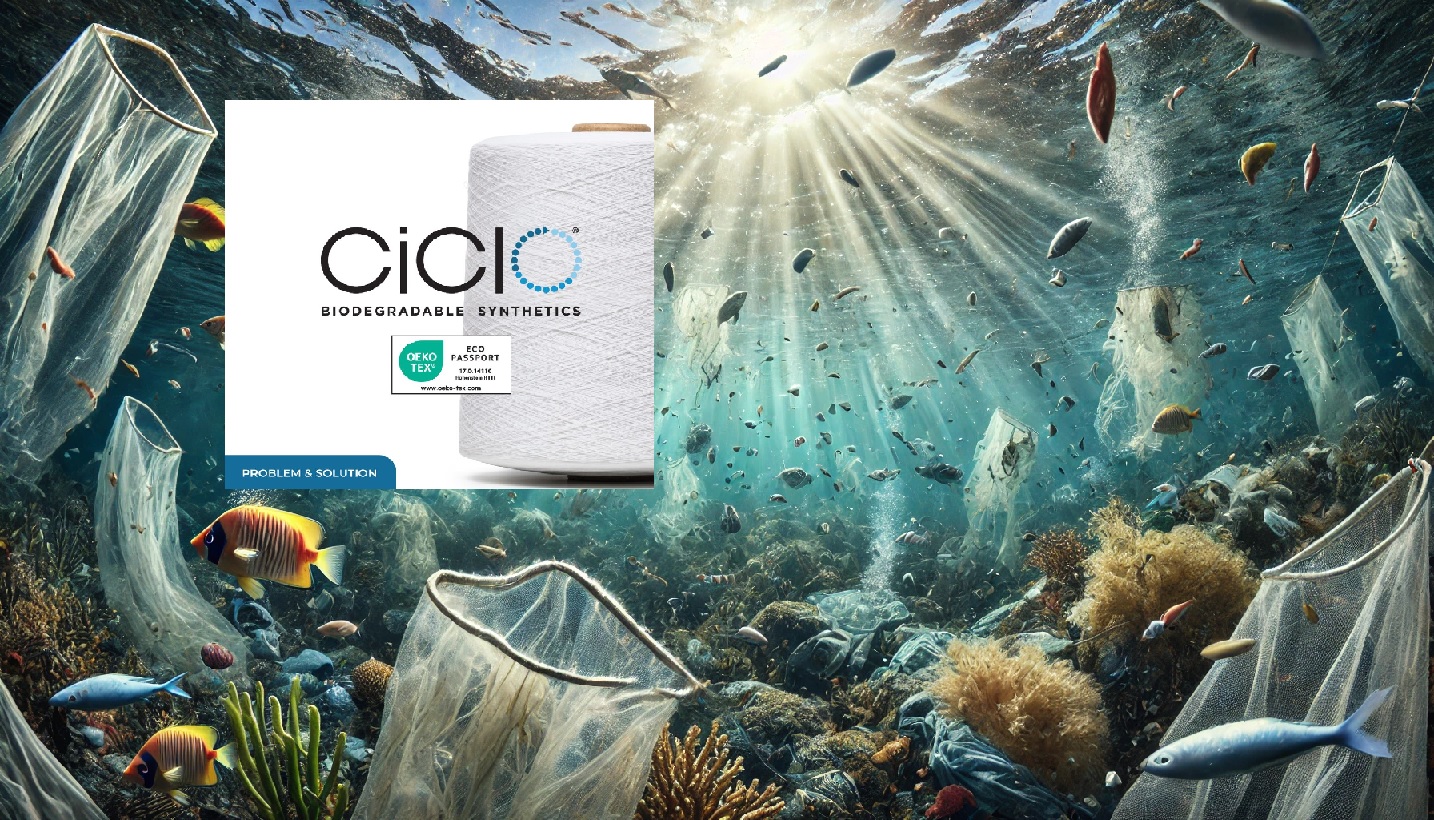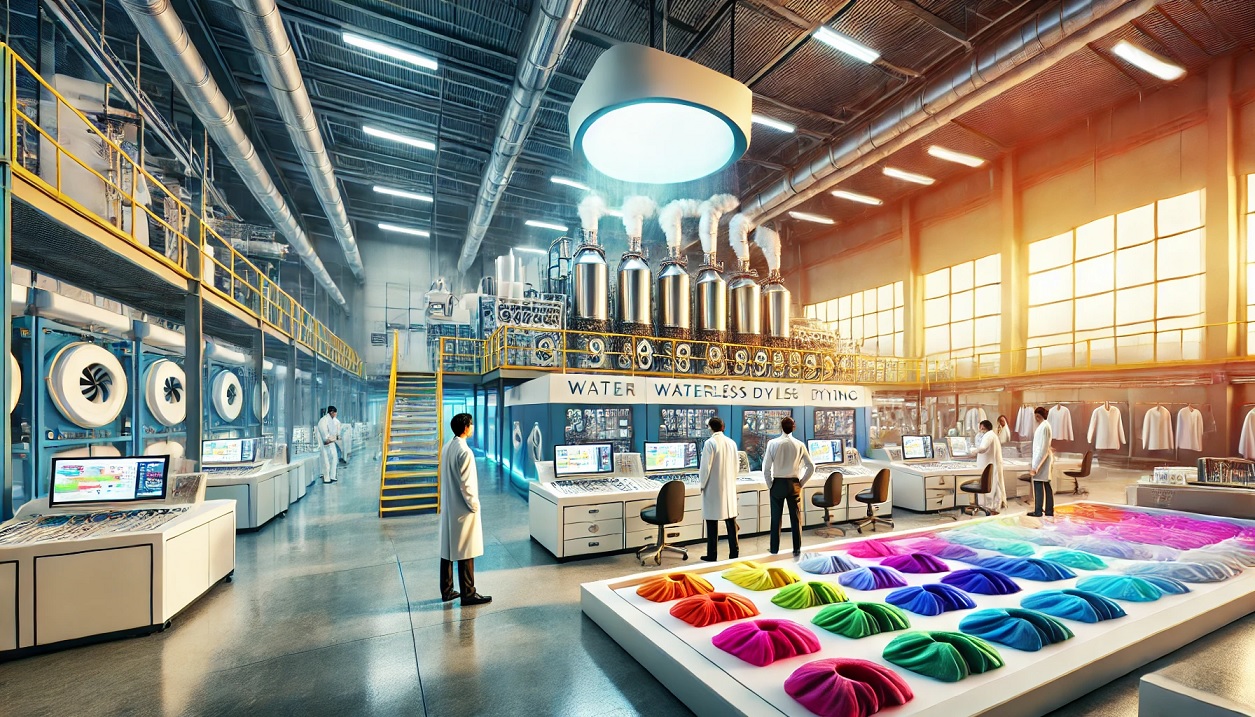The fashion industry faces a severe sustainability crisis. It produces immense waste and consumes vast resources. Textiles fill landfills in a make-use-discard system. This model is unsustainable. Consumers are also becoming more aware. They demand sustainability. Regulations are also tightening. The industry stands at a crossroads. Without change, the environmental costs will escalate. The industry’s reputation is also at stake. Product Service Systems (PSS) offer a transformative approach. They shift the focus from purchase and ownership of textile and clothing to their access and use. Instead of buying and discarding, consumers access, use and return the product.
What are Product Service Systems?
PSS in textiles and fashion involves leasing, renting, or subscribing clothing services. This model extends the lifecycle of garments. It reduces waste. Companies maintain ownership and responsibility for the product’s lifecycle.
Contributions to a Sustainable Society
PSS promotes resource efficiency. It encourages the use of sustainable materials and circular processes. Products are designed for durability and recyclability. The system incentivizes manufacturers to produce better, not more.
Benefits of Product Service Systems
- Environmental Impact: Reduced waste and resource consumption.
- Economic Benefits: New revenue models and cost savings in material sourcing.
- Consumer Appeal: Flexibility and variety without the burden of ownership.
Roles in Promotion
- Governments can implement policies that favor circular business models. Subsidies, tax benefits, and regulations can support PSS initiatives.
- Industry needs to invest in the infrastructure and technology to support PSS. Collaboration across the sector can standardize practices and enhance scalability.
- Civil Society plays a crucial role in educating consumers and advocating for sustainable practices.
Implications for Textile Manufacturers
- Design for Longevity: Create garments that are durable and easy to maintain.
- Develop Flexible Services: Offer various subscription or rental models to cater to different consumer needs.
- Invest in Technology: Use software to manage inventory, customer interactions, and logistics.
- Collaborate: Work with designers, logistics companies, and retailers to create a seamless system.
Some Case Studies
There are several textile and fashion companies that have successfully integrated Product Service Systems (PSS) into their business models, focusing on sustainable practices and circular economy principles.
- Mud Jeans – Mud Jeans is a notable example in the fashion industry, employing a leasing model for their denim products. Customers can rent jeans, and after use, return them to Mud Jeans for recycling or refurbishing, thereby promoting a circular approach to fashion consumption.
- Vigga – This company specializes in maternity and children’s wear. They provide a subscription service where parents can exchange clothes as their children grow, which effectively reduces waste and ensures that the garments are used more extensively.
- F-ABRIC / Freitag – Freitag has developed biodegradable clothing made from compostable textiles under their F-ABRIC line. They not only focus on sustainable materials but also provide a take-back system where the products are returned after use, supporting the principles of a circular economy.
Transforming Thought and Action
The adoption of Product Service Systems could redefine norms in the textile industry. It urges a move away from the disposable culture. It champions a system where resources are valued, and sustainability is the core of business models. For those in the textile industry, now is the time to lead. Embrace PSS and be part of crafting a sustainable future. The shift is not just beneficial—it’s essential.



